#his name is virgil and he's an old coot who loves drama
Text
Birds of a Feather
previous / next
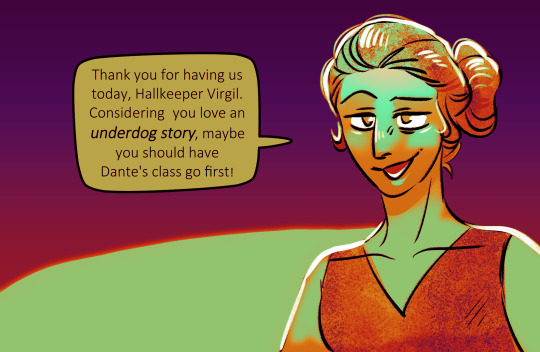
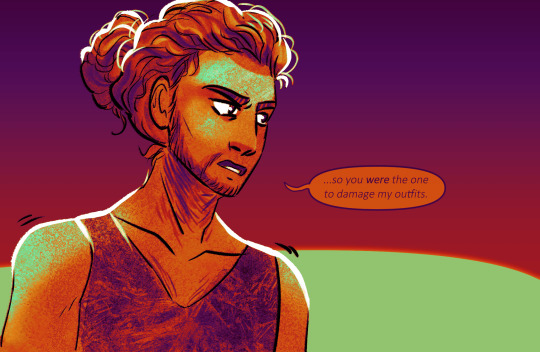
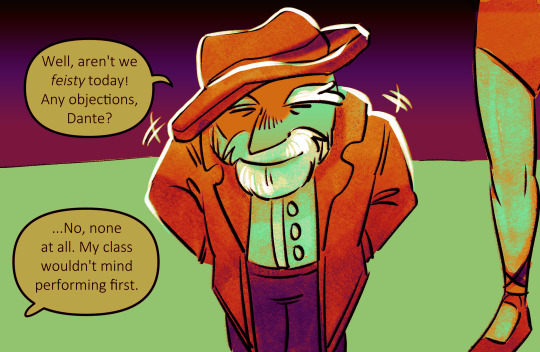

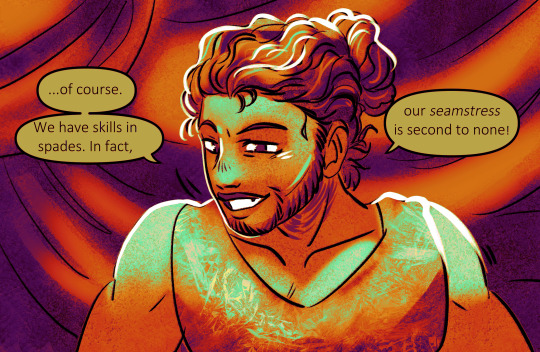

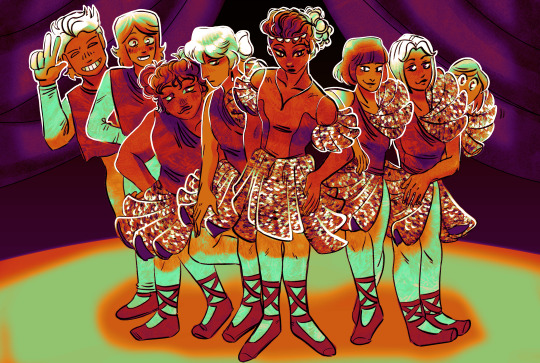
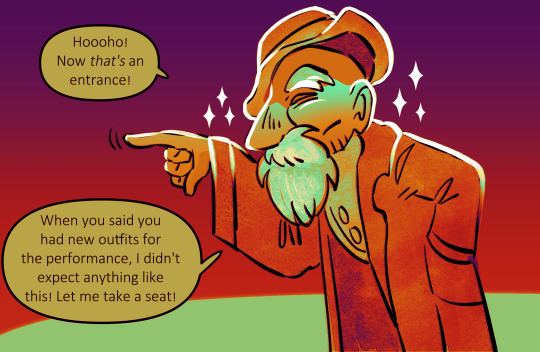
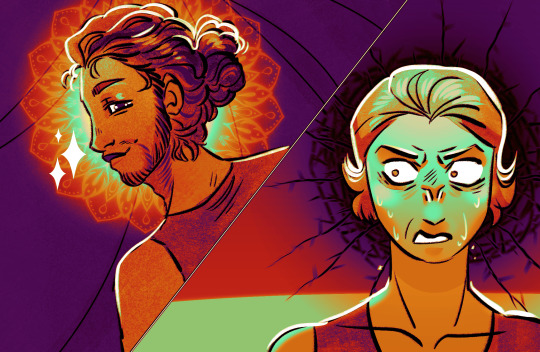
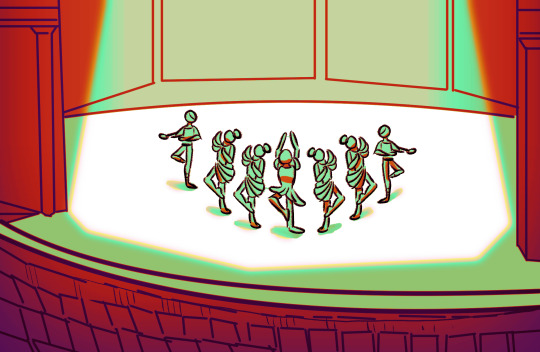
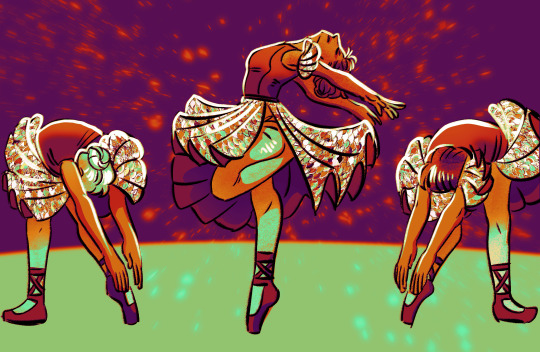
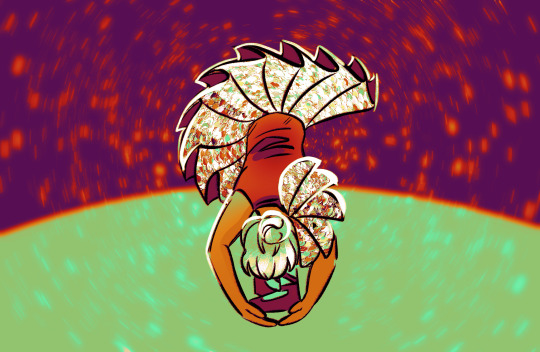
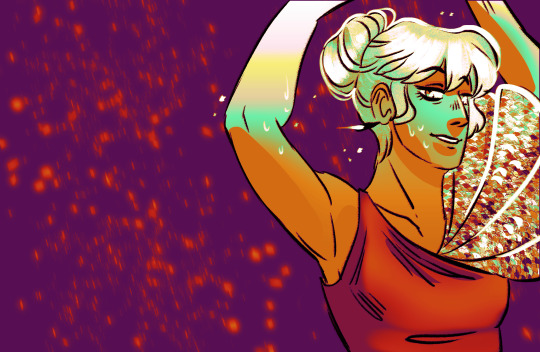
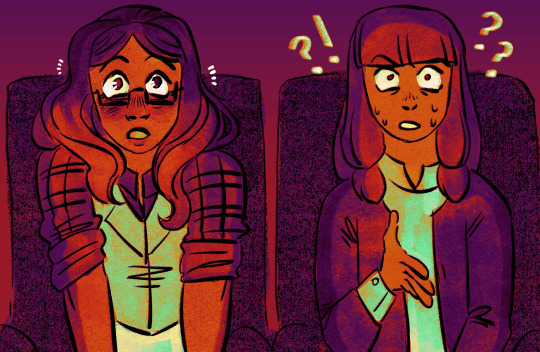
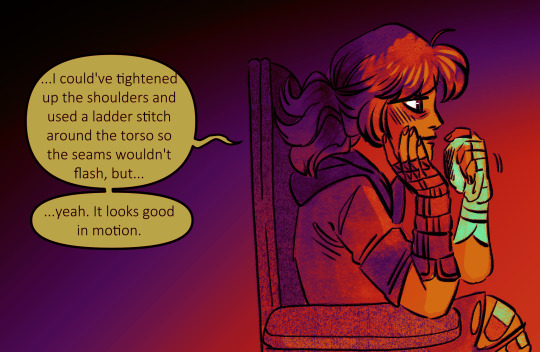
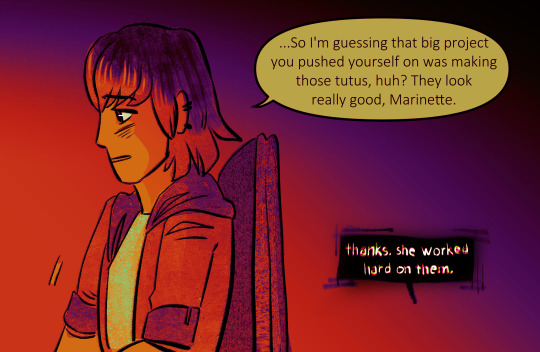
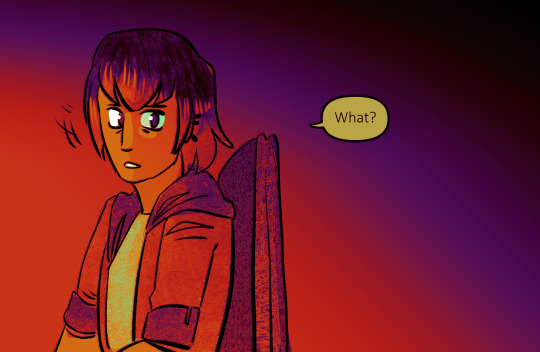

#birds of a feather#feralnette au#my art#theres more to the class than just those members#but im fighting for my life against ms rona so we're gonna see the limited edition lmao#oh also that old dude is the one who owns the building#his name is virgil and he's an old coot who loves drama
3K notes
·
View notes
Photo
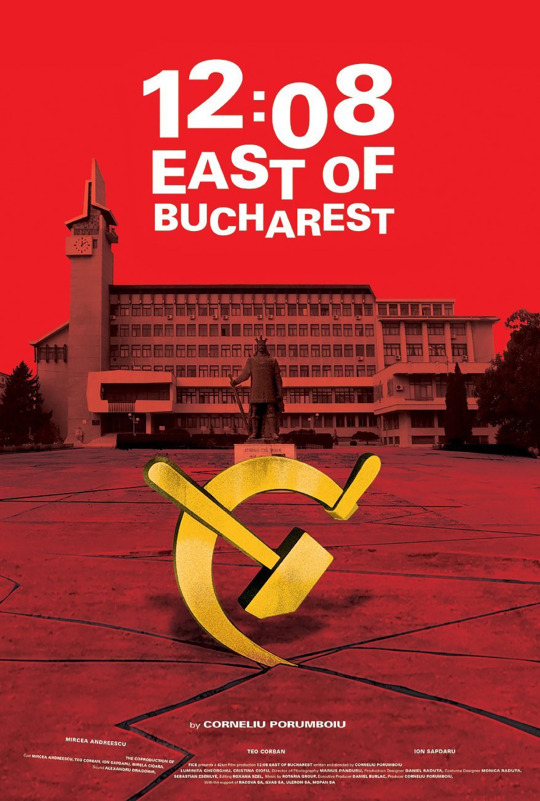
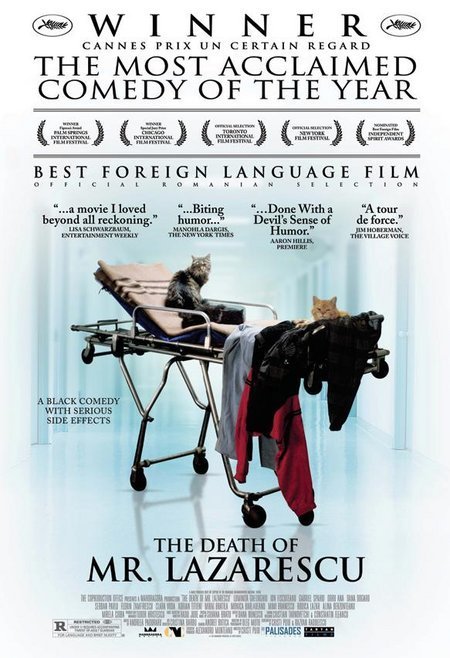
Cinema Passport: Romania By R. Emmet Sweeney
The Romanian New Wave seemingly emerged out of nothingness in the late 2000s. In 2005, 2006 and 2007, a Romanian film won a major prize at the Cannes Film Festival and so a “New Wave” was dubbed, though the filmmakers always remained skittish about that term. The first was Cristi Puiu’s THE DEATH OF MR. LAZARESCU (’05), winner of the Prix Un Certain Regard, an intimate epic in which a desperately ill alcoholic is shipped on a Dantean journey from one hospital waiting room to another. Then came Corneliu Porumboiu’s 12:08 EAST OF BUCHAREST (’06), winner of the Camera d’Or for debut feature, a deadpan comedy about a local newscaster’s doomed attempt to determine whether the 1989 revolution actually occurred in his town. The next year Cristian Mungiu’s abortion drama 4 MONTHS, 3 WEEKS AND 2 DAYS (’07) won the Palme d’Or. The first two of these features are now streaming on FilmStruck in the CINEMA PASSPORT: ROMANIA theme, so I’ll place my focus on those.
Puiu conceived of THE DEATH OF MR. LAZARESCU while suffering from severe hypochondria. From 2001 to 2003 he was convinced he had ALS (aka Lou Gehrig’s disease). Puiu told Film Comment: “The prospect of having ALS, of being unable to express myself, was and remains one of my biggest fears.” He funneled this fear into the film, a two-and-a-half hour descent into bureaucratic hospital hell, in which the dying Dante Lazarescu, a retired engineer, is afflicted with neurological damage which gradually robs him of speech. His last moments are spent getting shuttled to different hospitals, none of them having room to operate on an aging alcoholic who might die of liver failure even if he receives emergency surgery for the subdural hematoma in his brain. Though the majority of the film takes place in hospital waiting rooms, it begins with a lengthy segment in Lazarescu’s apartment establishing that before he was a body, he was, indeed, a man.

He is played with utter fearlessness by Ion Fiscuteanu, a veteran of stage and screen who embodies the character’s living decomposition. Unkempt, unshaven and mulishly stubborn, he is not an easy object of empathy, though he does love his cats. Puiu recalled how he cast Fiscuteanu to The Guardian: "I was led to him by his performance in a short comedy, Humanitarian Aids, by Hano Hoffer. He played a part based on silences and gestures. I said to myself that this could be my Mr. Lazarescu ... I decided to offer him the part. In my opinion, he is one of the best Romanian actors ever, but stupidly and inexplicably underrated." Fiscuteanu would die in 2007 from colon cancer – this was his last film performance.
Lazarescu is guided on his journey by the EMT nurse Mioara (Luminita Gheorghiu), a weathered 50-something who initially writes off his complaints as the raving as a drunk (as every doctor he sees will do initially). But once she sees him cough up blood, she decides to take him to an ER for an examination. In the production notes Puiu lists the NBC medical drama ER as a stylistic inspiration on the movie: “When you watch the American TV series, there’s movement in every direction, the choreography of the characters is amazing. . . . In my country, doctors and everyone else live in slow motion, as if they were on valium and still had 500 years to live.” Puiu manages a similar kind of panoramic style as ER, with a cataract of nurses, orderlies, doctors and drivers circling in and out of the frame in every handheld shot (Cassavetes and Frederick Wiseman also loomed large in his personal canon). It’s just that the tempo was slowed – and it slows down the later into the evening it goes. What starts at 10PM drags into 4am, as a bus crash has clogged all the operating rooms, and specialists struggle to squeeze Lazarescu in. Some are sympathetic and try to help, others are exhausted and eager to palm him off on someone else. And the longer the night drags on, the worse Lazarescu’s condition gets. By the end he speaks in incomprehensible snippets, his mind drifting away from the present with no one left to guide him.

Minds also drift, though in a less fatal manner, in 12:08 EAST OF BUCHAREST, a semantic comedy in which the nature of the Romanian revolution is debated on a no-budget small town TV news show. The title refers to the time at which dictator Nicolae Ceausescu abdicated his rule in December 1989. In the town of Vaslui, talk show host Virgil Jderescu (Teodor Corban) tries to find any local residents who were protesting in the town square before 12:08pm in 1989. If there were none, he argues, then the revolution never took place in Vaslui. He is only able to scrape up to highly suspect guests: one an alcoholic school teacher named Manescu (Ion Sapdaru), the other an elderly old coot (and sometime Santa Claus) Piscoci (Mircea Andreescu). Manescu owes money to just about everyone in town, while Piscoci is mainly concerned with harassing kids that set off fireworks. The debut feature of Porumboiu, who has since gone further in his lexicological investigations with POLICE, ADJECTIVE (’09), 12:08 EAST OF BUCHAREST is brutally hilarious, unwinding into a self-made mess of contradictions.
The broadcast is a slow-motion disaster as callers harass and contradict every statement that is made. Piscoci seems more interested in folding paper hats out of his notes. Shot mostly in a static camera, it gives time and space for the slow burn to build – the longer the broadcast runs, the more tangled the knots of meaning become. What was the revolution and what did it mean to the town of Vaslui? Was there a revolution if no one showed up?
Puiu and Porumboiu have continued to make remarkable (and remarkably challenging) films, though they have garnered successively less attention in the U.S. Puiu’s dinner conversation drama SIERANEVADA (2016) never received distribution and Porumboiu’s INFINITE FOOTBALL (2018) seems unlikely to, considering it’s a documentary about his friend’s goofball soccer theories. It has been tough for any foreign language films to break through in recent years, not including films as gloriously recondite as these. In any case, I will follow their work wherever it leads, but will always return to LAZARESCU and 12:08 EAST OF BUCHAREST as pivotal films in their unpredictable careers.
#FilmStruck#Romanian cinema#Cristi Puiu#Corneliu Porumboiu#The Death Of Mr. Lazarescu#12:08 East of Bucharest#StreamLine Blog#R. Emmet Sweeney
24 notes
·
View notes